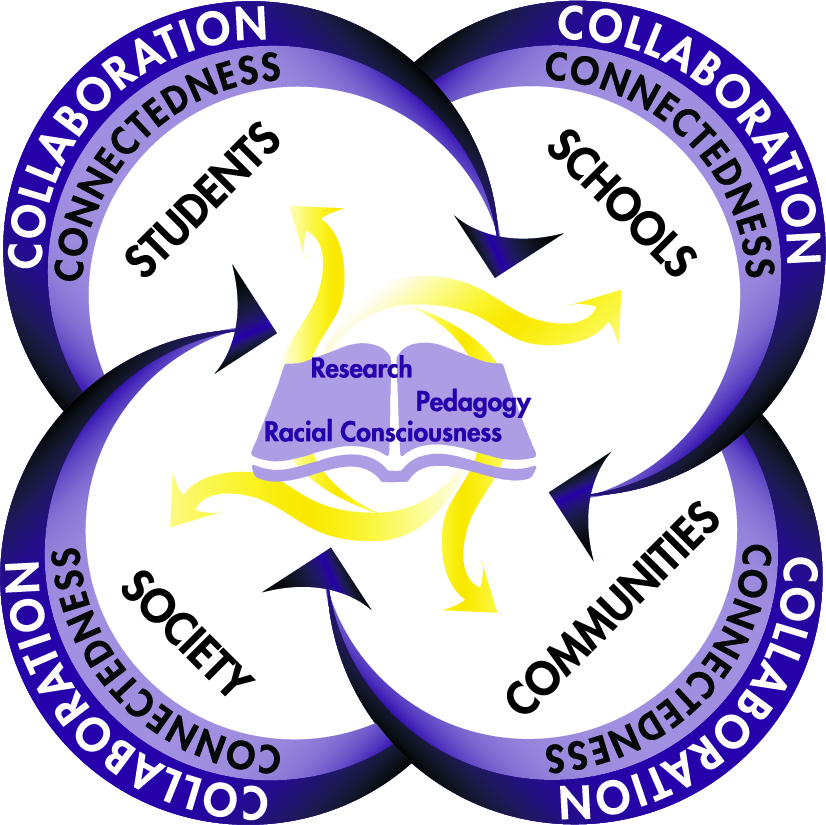College of Education Strategic Direction
Vision:
The College of Education is a community engaged in anti-racist, anti-oppressive practices striving to advance social justice and equitable outcomes leading to measurable growth.
Commitment:
We support, prepare, sustain, and make meaningful contributions that cultivate anti-oppressive change. Through culturally sustaining, anti-biased, anti-racist practices, we foster educational environments that promote diversity, equity, inclusion, and belonging in response to the needs of our institutional partners and the broader community. Our collective work is guided by our belief in each other, our collaborations, our scholarly work, and practitioner engagements.
Values:
- Empower Learners: We establish environments that stimulate intellectual curiosity, promote advocacy for changing unjust power structures, and advance equity, inclusion, and belonging.
- Foster Collaboration: We work collectively with internal and external partners to achieve mutually shared outcomes.
- Promote Reflective Practice: We advocate for personal and programmatic development through the process of reflection, revision, and/or refinement.
- Respect Diversity: We form a community that values varied perspectives that contribute to anti-oppressive change.
Conceptual Framework:
- Collaboration: College of Education faculty and staff, along with partner districts, work together for a common purpose: to graduate proficient professionals with a strong sense of students, schools, communities, and society.

- Connectedness: Students, schools, communities and society are joined together and linked coherently within a global context; each one vital to the success of the collective group.
- Research: Rigorous scholarly investigation conducted and shown to improve the outcomes for all learners.
- Pedagogy: A set of practices fundamental to support student learning; evidence based practices, culturally relevant strategies, and high leverage practices.
- Racial Consciousness: The understanding of the uniqueness of race; the physical characteristics, history, culture, and traditions of a group of humans, and the differentiated impact race has on systems and structures.

